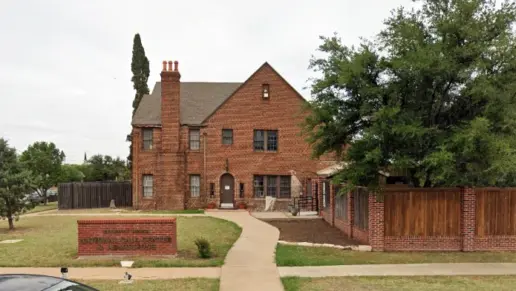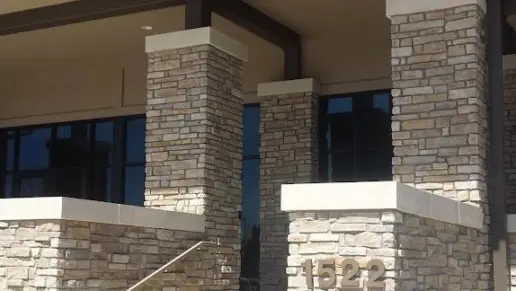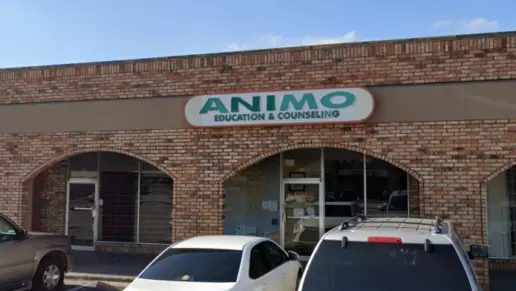We have had a family member in Springboard 3-4 yrs ago. It was okay. We feel our family member did receive some help at that time that was needed. Fast forward now & family member entered again for help with medical detoxing. Since client has insurance they were immediat ...
About The Springboard Center
The good news is that The Springboard Center is in-network with most major insurance companies. You can also pay directly to them if you don’t have coverage.
You might choose to begin your recovery journey in the detox unit at Springboard. Here, you will be carefully supervised as you rid your body of drugs or alcohol while living in a comfortable space away from the things that get you using.
Most people average 30 days in their residential treatment program. This program is great if you like a structured day and want access to lots of different kinds of therapy. Besides one-on-one counseling, there is also group and family counseling, cardio, yoga and massage therapy. You will take classes on preventing relapse and developing your spiritual side as well as eating healthy meals.
Another option is the intensive outpatient program. If you’d rather sleep in your own bed each night, this is the way to go. You’ll meet as a group with other people and a counselor a few times a week for a total of 8 weeks. These group meetings will cover family life, how addiction impacts your body, self care, and relationships with ourselves and others.
Addiction doesn’t just impact you. It also hurts your family. Springboard gets your family involved in the process and even has support classes for them.
Some people may feel that the treatment lengths are too short at Springboard. But, they do have sober living housing. After you finish residential treatment you can live in one of their drug-free homes so that you can get used to living in the real world but not have to see people using drugs or alcohol.
Latest Reviews
Rehab Score
Gallery
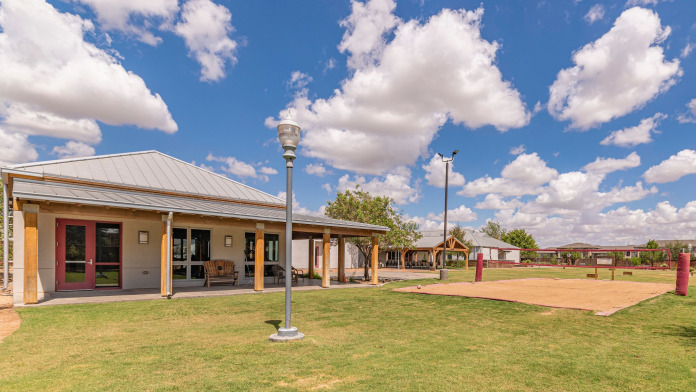
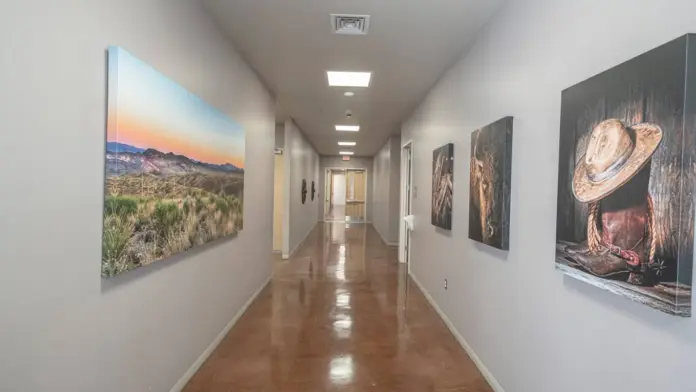
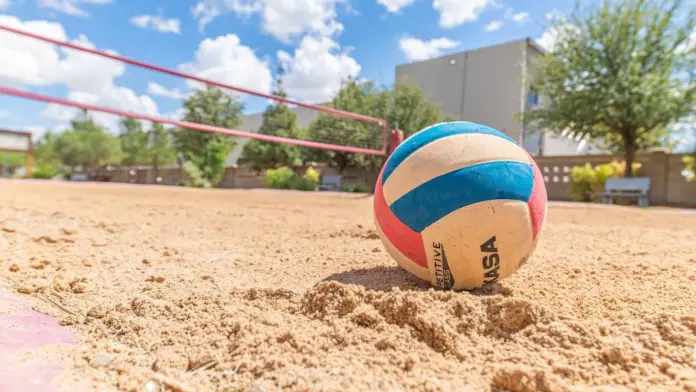
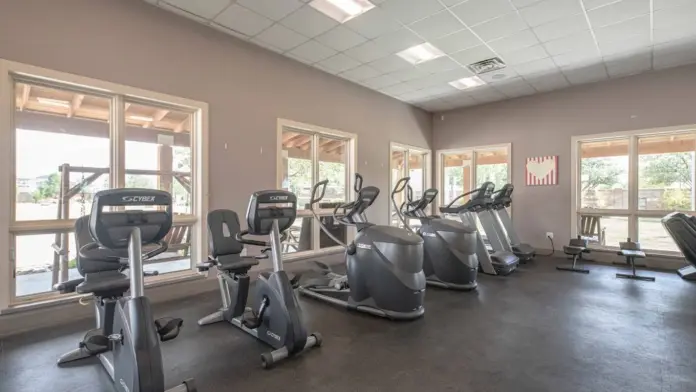

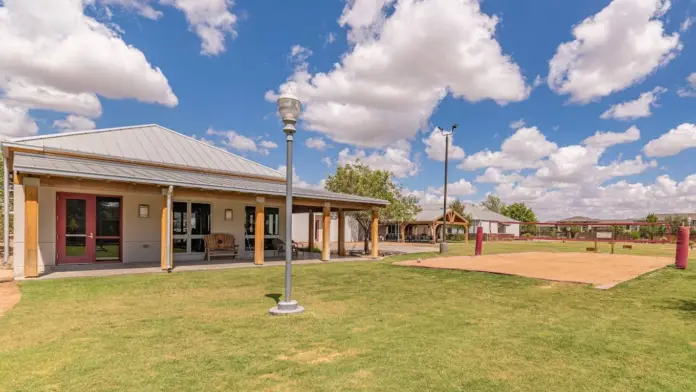
Accepted Insurance
Other Forms of Payment
Private insurance refers to any kind of healthcare coverage that isn't from the state or federal government. This includes individual and family plans offered by an employer or purchased from the Insurance Marketplace. Every plan will have different requirements and out of pocket costs so be sure to get the full details before you start treatment.
Self-pay involves paying for treatment out of your own pocket. You can use savings or credit, get a personal loan, or receive help from family and friends to fund your treatment. If you don't have insurance or your insurance plan doesn't cover a specific program, self-pay can help ensure you still get the care you need.
Military members, veterans, and eligible dependents have access to specific insurance programs that help them get the care they need. TRICARE and VA insurance can help you access low cost or no cost addiction and mental health treatment. Programs that accept military insurance often have targeted treatment focused on the unique challenges military members, veterans, and their families face.
Addiction Treatments
Levels of Care
 Outpatient
Outpatient
 Inpatient
Inpatient
 Intensive Outpatient
Intensive Outpatient
 12-Step
12-Step
 Sober Living Homes
Sober Living Homes
 Medically Assisted Detox
Medically Assisted Detox
Treatments
The goal of treatment for alcoholism is abstinence. Those with poor social support, poor motivation, or psychiatric disorders tend to relapse within a few years of treatment. For these people, success is measured by longer periods of abstinence, reduced use of alcohol, better health, and improved social functioning. Recovery and Maintenance are usually based on 12 step programs and AA meetings.
During rehab in Texas, you'll deal with underlying issues that contribute to addiction. By addressing these challenges and learning healthy ways to cope with them, you'll develop strategies that help you live a drug-free lifestyle.
Opioid rehabs specialize in supporting those recovering from opioid addiction. They treat those suffering from addiction to illegal opioids like heroin, as well as prescription drugs like oxycodone. These centers typically combine both physical as well as mental and emotional support to help stop addiction. Physical support often includes medical detox and subsequent medical support (including medication), and mental support includes in-depth therapy to address the underlying causes of addiction.
Substance rehabs focus on helping individuals recover from substance abuse, including alcohol and drug addiction (both illegal and prescription drugs). They often include the opportunity to engage in both individual as well as group therapy.
Programs

Adult Program

Young Adult Program

Program For Men

Program For Women
Clinical Services
The Springboard Center Family Program is designed to promote the healing and well-being of family members who live with or care about an adult struggling with addiction. Research tells us that those individuals who involve family members in their treatment experience have higher rates of recovery than those who do not. The Family Program is designed to help family members better understand the disease of addiction, as well as provide an opportunity to actively participate in the treatment and recovery process itself.
Group therapy is any therapeutic work that happens in a group (not one-on-one). There are a number of different group therapy modalities, including support groups, experiential therapy, psycho-education, and more. Group therapy involves treatment as well as processing interaction between group members.
In individual therapy, a patient meets one-on-one with a trained psychologist or counselor. Therapy is a pivotal part of effective substance abuse treatment, as it often covers root causes of addiction, including challenges faced by the patient in their social, family, and work/school life.
Life skills trainings involve all the skills a person must have in order to function successfully in the world. These include time management, career guidance, money management, and effective communication. Truly successful addiction recovery is based on the ability to not only live substance-free, but to thrive. Life skills teaches the practical necessities of functioning in society, which sets clients up for success in life, and therefore sobriety.
Nutrition therapy, aka medical nutrition therapy (MNT), is a way of treating physical, emotional, and medical conditions through diet. Specific dietary plans are designed by professional nutritionists or registered dietitians, and patients follow them in order to positively affect their physical and mental health.
The goal of cognitive behavioral therapy (CBT) in Texas is to change thought patterns, which leads to changes in behavior. Specific techniques during CBT can include self talk, SMART goals, journaling, and positive activities.
Treatment that takes a dialectical behavior therapy approach focuses on four strategies. Distress tolerance will help you accept and tolerate intense emotions. Emotional regulation will teach you to manage those emotions. Mindfulness will keep you in the present moment instead of regret or worry. Interpersonal effectiveness will teach you to manage your relationships.
Amenities
-
Yoga Studio
-
Residential Setting
-
Private Rooms
-
Gardens
-
Walking Trails
-
Gym
-
Basketball Court
-
Volleyball Court
-
Recreation Room
Staff & Accreditations
Staff
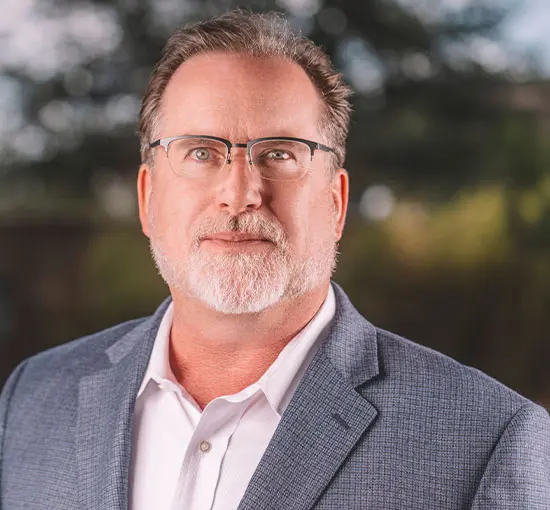
David Chancellor
Executive Director
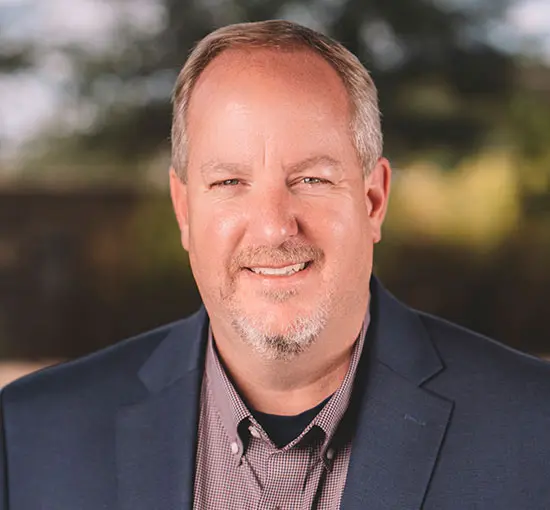
Joe Bell
Director of Marketing & Development
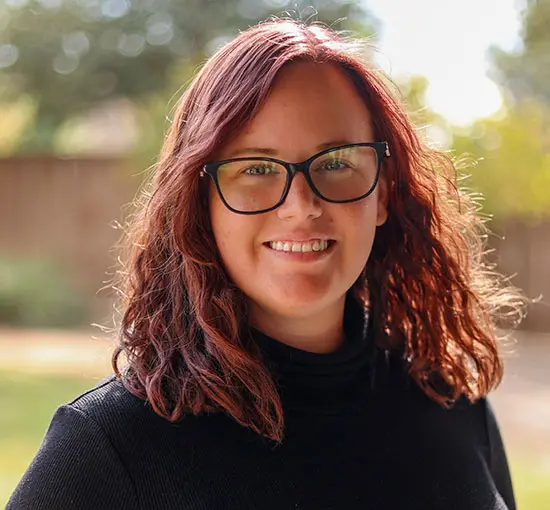
Harlene Mraz
Director of Finance
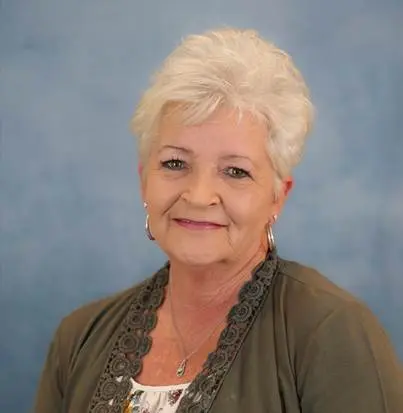
Denice Venters
HR Manager
Accreditations

The Commission on Accreditation of Rehabilitation Facilities (CARF) is a non-profit organization that specifically accredits rehab organizations. Founded in 1966, CARF's, mission is to help service providers like rehab facilities maintain high standards of care.
CARF Accreditation: Yes

The National Association of Addiction Treatment Providers (NAATP) is a professional association that represents organizations in the field of addiction services. Founded in 1978, NAATP's mission is to advance addiction services and ensure that high-quality addiction treatment is available and accessible.
NAATP Member: Yes
Member ID: 590
Contact Information
200 Corporate Drive
Midland TX, 79705







